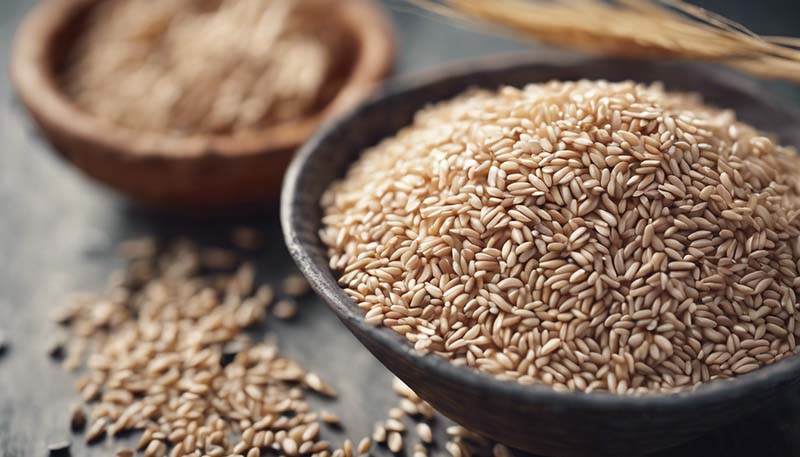The Importance of a Calorie Deficit for Weight Loss
Weight loss is a common goal for many individuals, and a calorie deficit is often cited as a key factor in achieving this goal. But what exactly is a calorie deficit, and why is it so important for weight loss? In this article, we will explore the concept of a calorie deficit, its role in weight loss, and provide tips on how to create and maintain a calorie deficit effectively.
What is a Calorie Deficit?
A calorie deficit occurs when the number of calories you consume is less than the number of calories you burn. This deficit forces your body to use stored energy (in the form of fat) to make up the difference, leading to weight loss. The body's energy balance is a delicate system, and a calorie deficit is a crucial component in maintaining a healthy weight or losing weight if necessary.
Why is a Calorie Deficit Important for Weight Loss?
The importance of a calorie deficit for weight loss cannot be overstated. Here are a few reasons why it's essential:
- Burning Stored Fat: When you consume fewer calories than you burn, your body turns to its fat stores for energy, leading to weight loss.
- Maintaining Energy Balance: A calorie deficit helps maintain a healthy energy balance, which is vital for overall health and well-being.
- Sustainable Weight Loss: Unlike crash diets or extreme exercise routines, a calorie deficit promotes sustainable weight loss by making gradual changes to your eating habits and lifestyle.
- Improved Health: Losing weight through a calorie deficit can lead to improved health markers, such as lower blood pressure, better cholesterol levels, and reduced risk of chronic diseases.
How to Create a Calorie Deficit
Creating a calorie deficit involves two main strategies: reducing calorie intake and increasing physical activity. Here's how you can do both:
Reducing Calorie Intake
- Eat Nutrient-Dense Foods: Choose foods that are high in nutrients but low in calories, such as fruits, vegetables, lean proteins, and whole grains.
- Control Portion Sizes: Be mindful of portion sizes to avoid overeating, even when consuming healthy foods.
- Limit Added Sugars and Fats: Cut back on foods and beverages high in added sugars and unhealthy fats, such as soda, candy, and fried foods.
- Eat Mindfully: Pay attention to your hunger and fullness cues, and avoid emotional eating.
Increasing Physical Activity
- Incorporate Exercise: Aim for at least 150 minutes of moderate-intensity aerobic activity or 75 minutes of vigorous-intensity aerobic activity per week, along with muscle-strengthening activities.
- Choose Active Pastimes: Opt for hobbies and activities that get you moving, such as walking, cycling, or swimming.
- Increase Daily Movement: Look for ways to add more movement to your day, like taking the stairs instead of the elevator or going for a walk during lunch breaks.
- Stay Consistent: Consistency is key when it comes to exercise. Aim to be active on most days of the week.
Tips for Maintaining a Calorie Deficit
Maintaining a calorie deficit over time can be challenging, but here are some tips to help:
- Set Realistic Goals: Start with small, achievable goals that will keep you motivated and on track.
- Track Your Progress: Keep a food diary or use a mobile app to track your calorie intake and physical activity.
- Plan Meals and Snacks: Planning your meals and snacks in advance can help you make healthier choices and avoid impulsive eating.
- Stay Hydrated: Drinking water can help control hunger and prevent overeating.
- Get Support: Share your goals with friends and family, or join a support group to help you stay accountable.
Conclusion
A calorie deficit is a fundamental principle for weight loss. By understanding the importance of a calorie deficit and following the strategies outlined above, you can create a sustainable and effective plan for losing weight and improving your overall health. Remember, consistency is key, and it's important to make gradual, lasting changes to your lifestyle rather than seeking quick fixes.






























Join the discussion